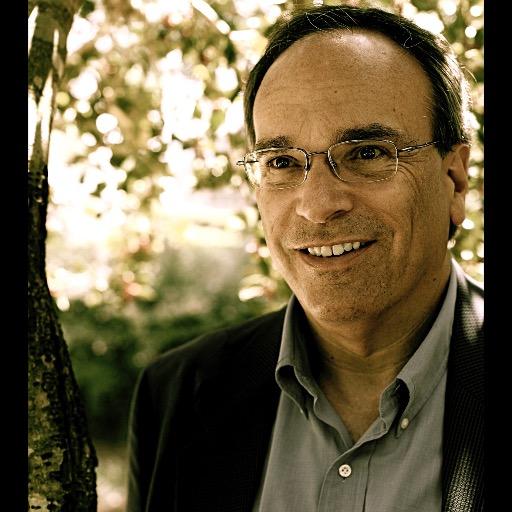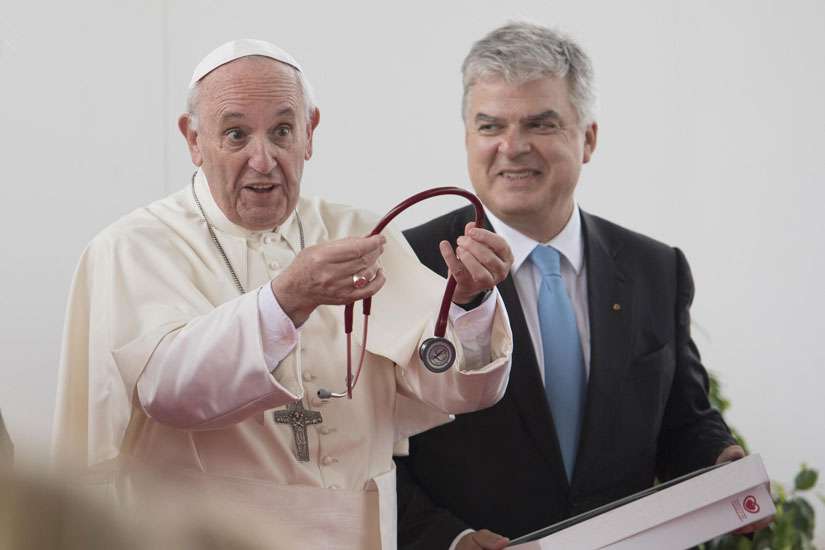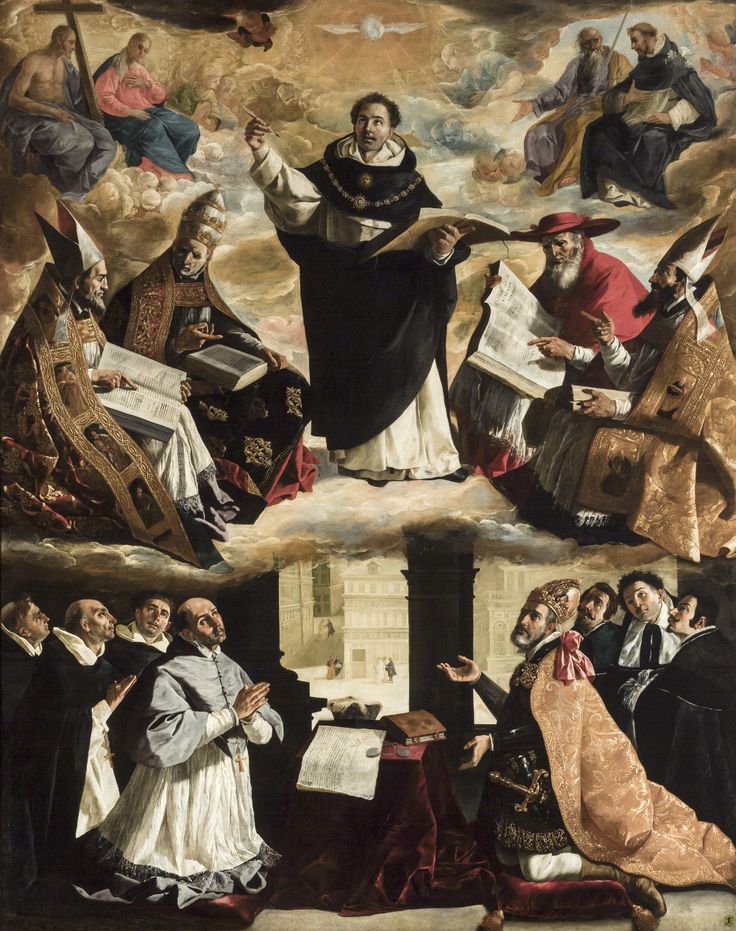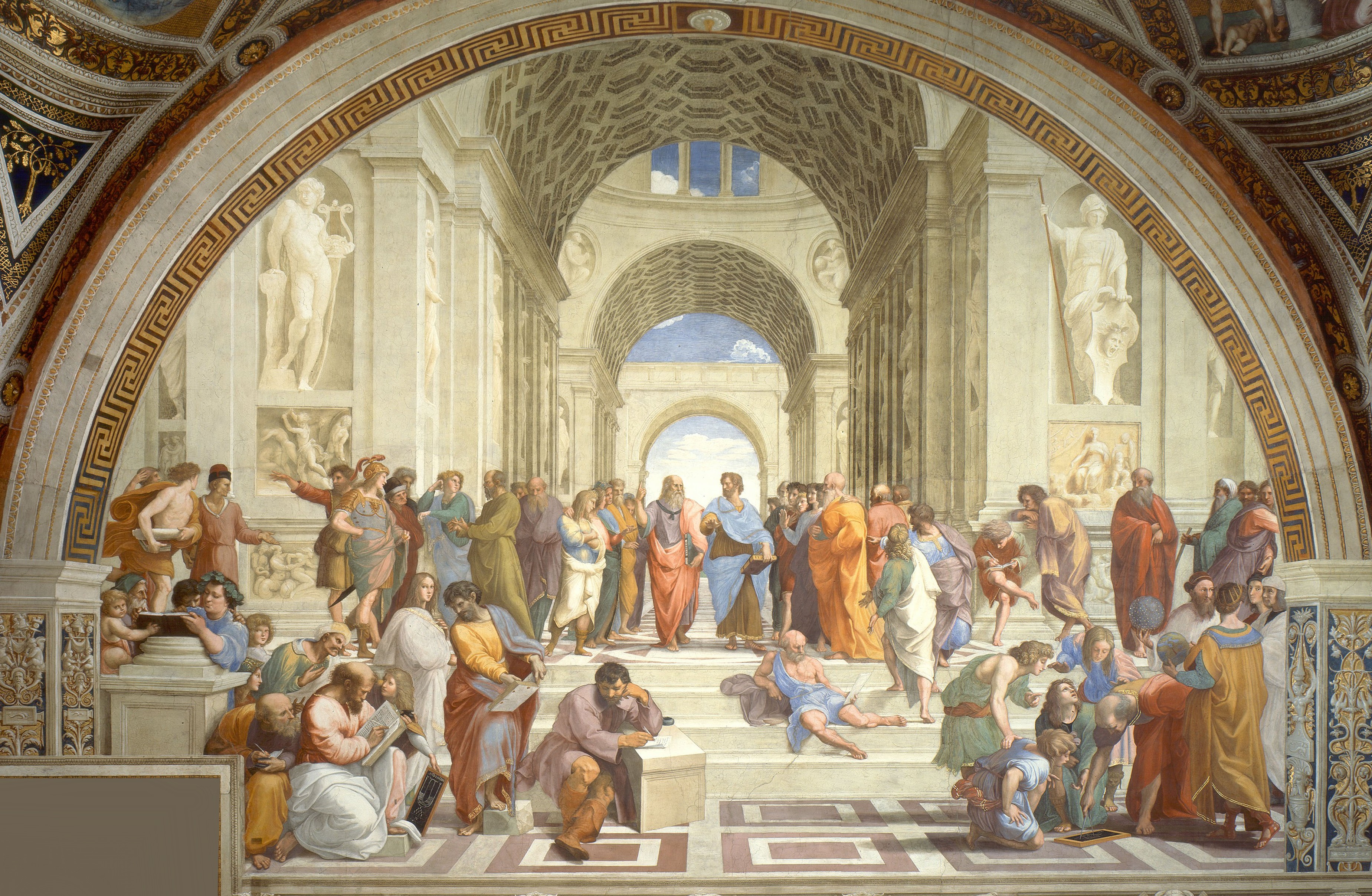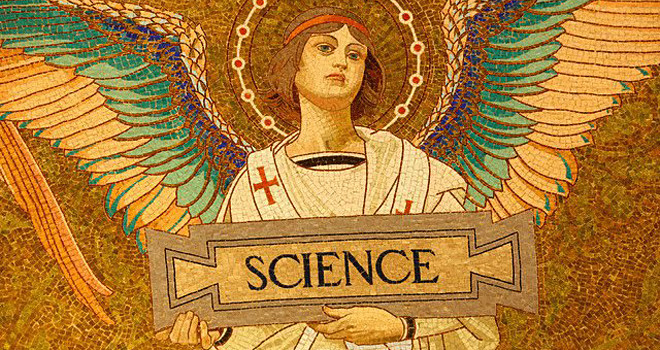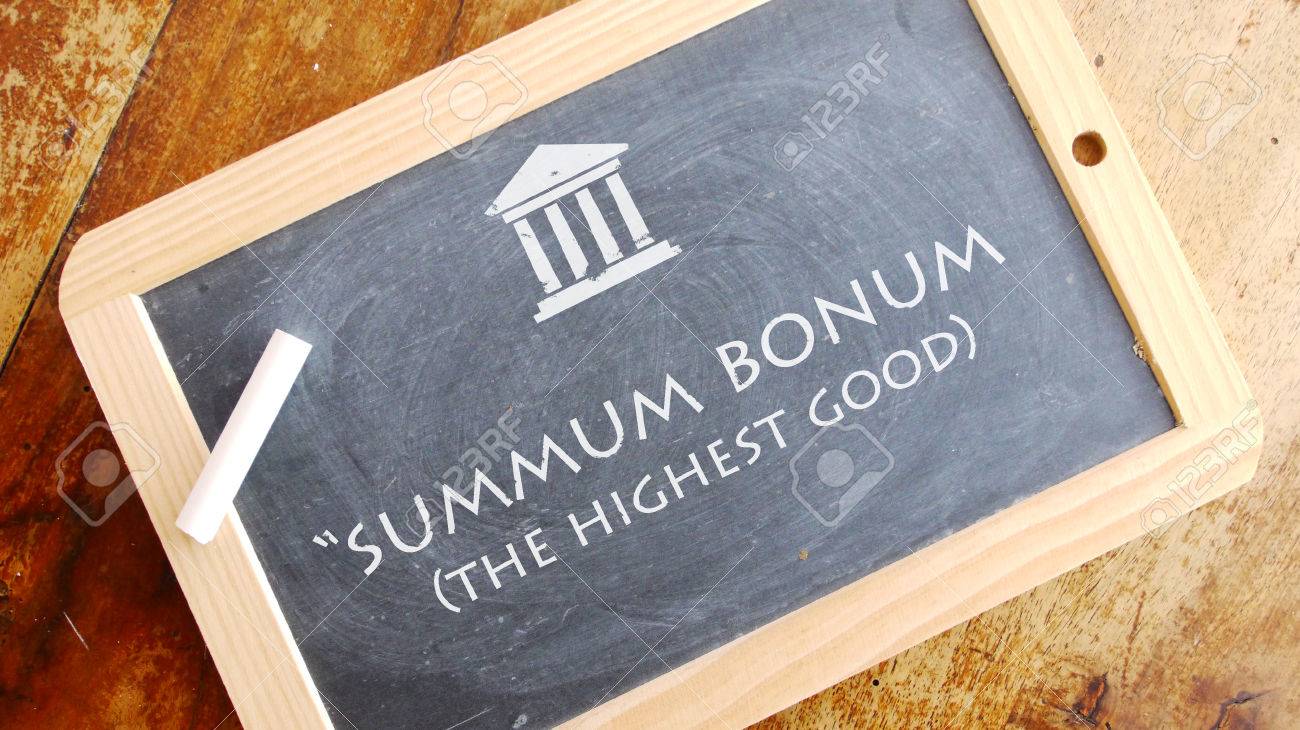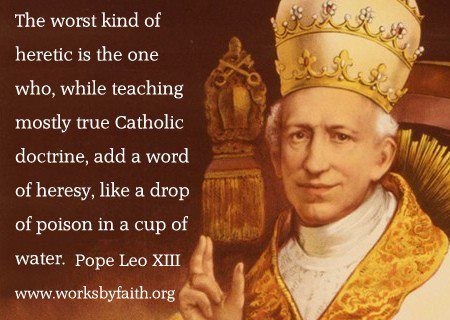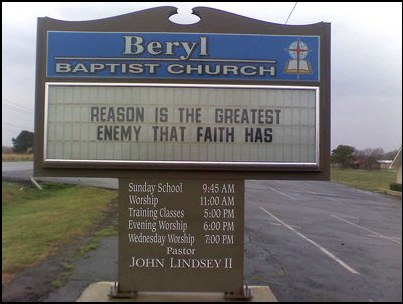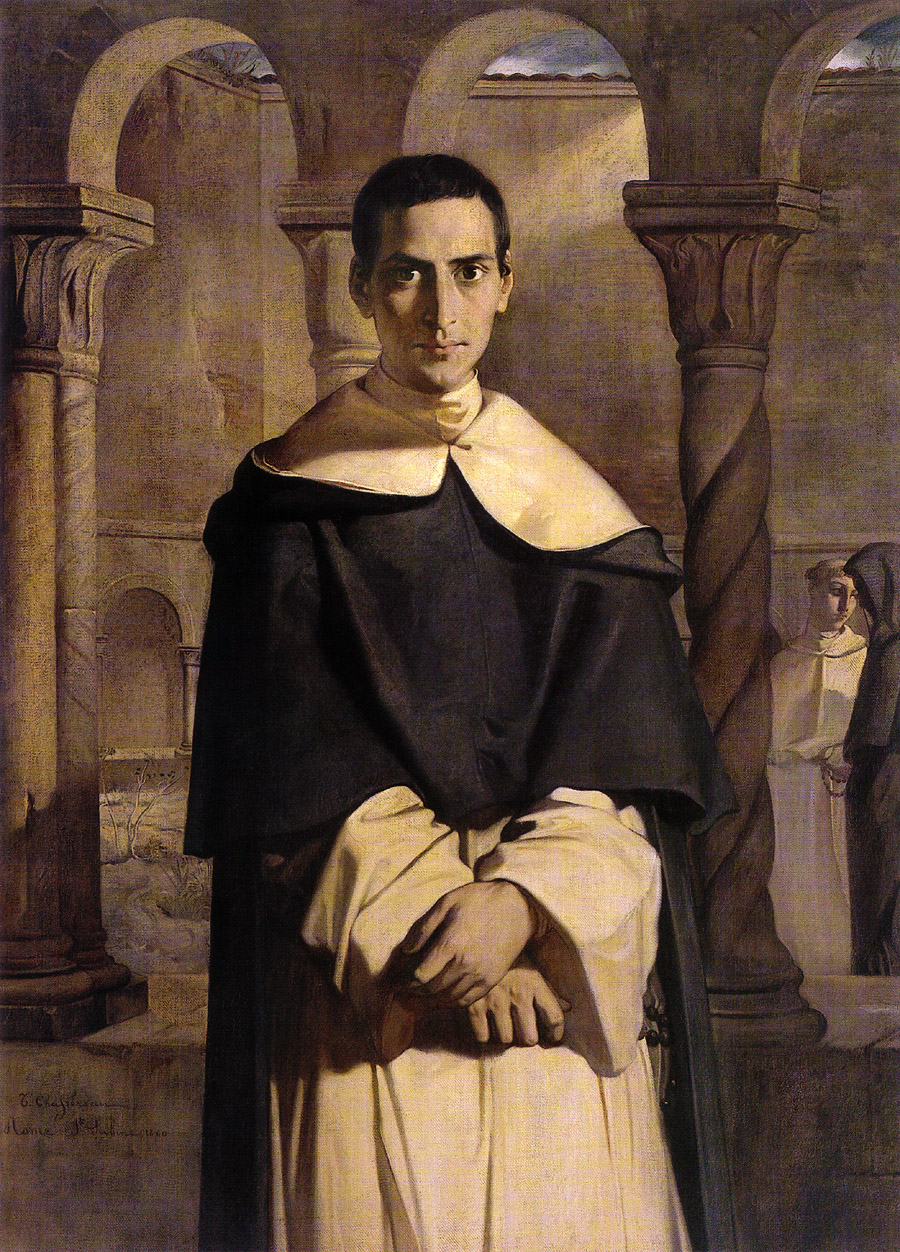
-Henri-Dominique Lacordaire at the convent of Sainte-Sabine in Rome, by Théodore Chassériau (1840), Musée du Louvre
“If the Catholic Church, and the Dominican Order, ever looked dead, it was at the turn of the 19th Century. In the wake of the French Revolution, the Church had been banned in many parts of Western Europe, thousands of Catholics had been martyred for their faith, religious orders had been outlawed, and the Pope had recently died in captivity under Napoleon. Swept up with the ideals of the Enlightenment, the Western world had declared herself to have progressed beyond the supposed naïveté and superstition of Christianity. Nowhere was this more dominantly witnessed than in France, where only a generation before Voltaire had stated, “The truths of religion are never so well understood as by those who have lost the power of reasoning.”(1)
The son of a doctor in the French navy, Henri Lacordaire was born on 12 May 1802 at Recey-sur-Ource (Côte-d’Or) and raised in Dijon by his mother, Anne Dugied, the daughter of a lawyer at the Parliament of Bourgogne who was widowed at an early age, when her husband died in 1806. Henri had three brothers, one of whom was the entomologist Jean Théodore Lacordaire. Although raised a Catholic, his faith lapsed during his studies at the Dijon Lycée.
He went on to study law. He distinguished himself in oratory at the Society of Studies in Dijon, a political and literary circle of the town’s royalist youth. There he discovered the ultramontane theories of Bonald, de Maistre, and Félicité de Lamennais. Under their influence he slowly lost his enthusiasm for the encyclopedists and Rousseau, though he maintained an attachment to Classical Liberalism and the revolutionary ideals of 1789.
In 1822 he left for Paris to complete his legal training. Although legally too young to plead cases, he was allowed to do so and he successfully argued several in the Court of Assizes, attracting the interest of the great liberal lawyer Berryer. However, he became bored and felt isolated in Paris and in 1824 he re-embraced Catholicism and soon decided to become a priest.
Thanks to the support of Monseigneur de Quélen, the Archbishop of Paris, who granted him a scholarship, he began studying at the Seminary of Saint-Sulpice in Issy in 1824 over the objections of his mother and friends. In 1826, he continued this education in Paris, which was generally mediocre. He wrote later that: “Those who remember having observed me at the seminary know that they have several times had the temptation of calling me mad.” His seminary experience inspired Sainte-Beuve’s novel Volupté.
At Saint-Sulpice, he met with Cardinal Rohan-Chabot, later archbishop of Besançon, who advised him to join the Society of Jesus. Nevertheless, after long hesitations by his superiors, he succeeded in being ordained a priest of the archdiocese of Paris on 22 September 1827. He was appointed to a modest position as chaplain of a convent of nuns of the Order of the Visitation. In the following year, he was named second chaplain of the Lycée Henri-IV. This experience convinced him of the inevitable de-Christianization of French youth educated in public institutions.
“Yet, within another generation, the French people had begun to return en masse to the Catholic Faith. So what changed? While the short answer would be “grace,” the details are varied and complex. Yet one figure who possibly best represents the reconversion of France is the Dominican preacher, Père Henri-Dominique Lacordaire. Lacordaire sought to reintroduce to France the Faith that had been dismissed in revolutionary fervor. In a society that claimed it wanted to be based on reason and freedom, Lacordaire preached that not only was the Christian Faith eminently reasonable, it was the only way to find the true freedom that man longs for in every age.
He was born Jean-Baptiste Lacordaire in 1802, two years before Napoleon became “Emperor of the French” and was formed in the liberal ideals of his age. As a child he was noted for his aptitude in studies and eventually became a lawyer. Disillusioned with some aspects of his contemporary society, however, he reconverted to the Catholic Faith in 1824 which he had abandoned as a youth. Shortly thereafter he entered seminary and was ordained a priest in 1827. While he longed to go to America to serve the rapidly expanding immigrant Catholic population, Providence had other plans for him. Introduced to different Catholic intellectual movements which had sprung up in the wake of the Revolution, he began to associate himself with some of the brightest Catholic luminaries of his time. Eventually, Lacordaire became a famed preacher and writer in his own right, destined to become the most widely regarded orator of his generation.
In 1830, he became a writer for the French Catholic periodical, L’Avenir, which advocated for a place for Catholicism within the post-Revolutionary world. They argued for universal freedom of religion and the freedom of Catholic presses to distribute their material. Yet these ideals did not have the grand success many hoped they would. French bishops eventually became suspicious of some aspects of their work–including asserting the strong primacy of the Roman Pontiff over the French Church—and recommended their condemnation. Pope Gregory XVI himself eventually condemned some of their more innovative positions. While some of Lacordaire’s associates refused to submit and eventually left the Church, he was quick to acknowledge his error. After this, his stature continued to grow throughout France as an example of the possible return of Catholic vibrancy after a generation of oppression.”(2)
Faith, Hope, Love,
Matthew
(1) Br. Constantius Sanders, OP
(2) Br. Constantius Sanders, OP


